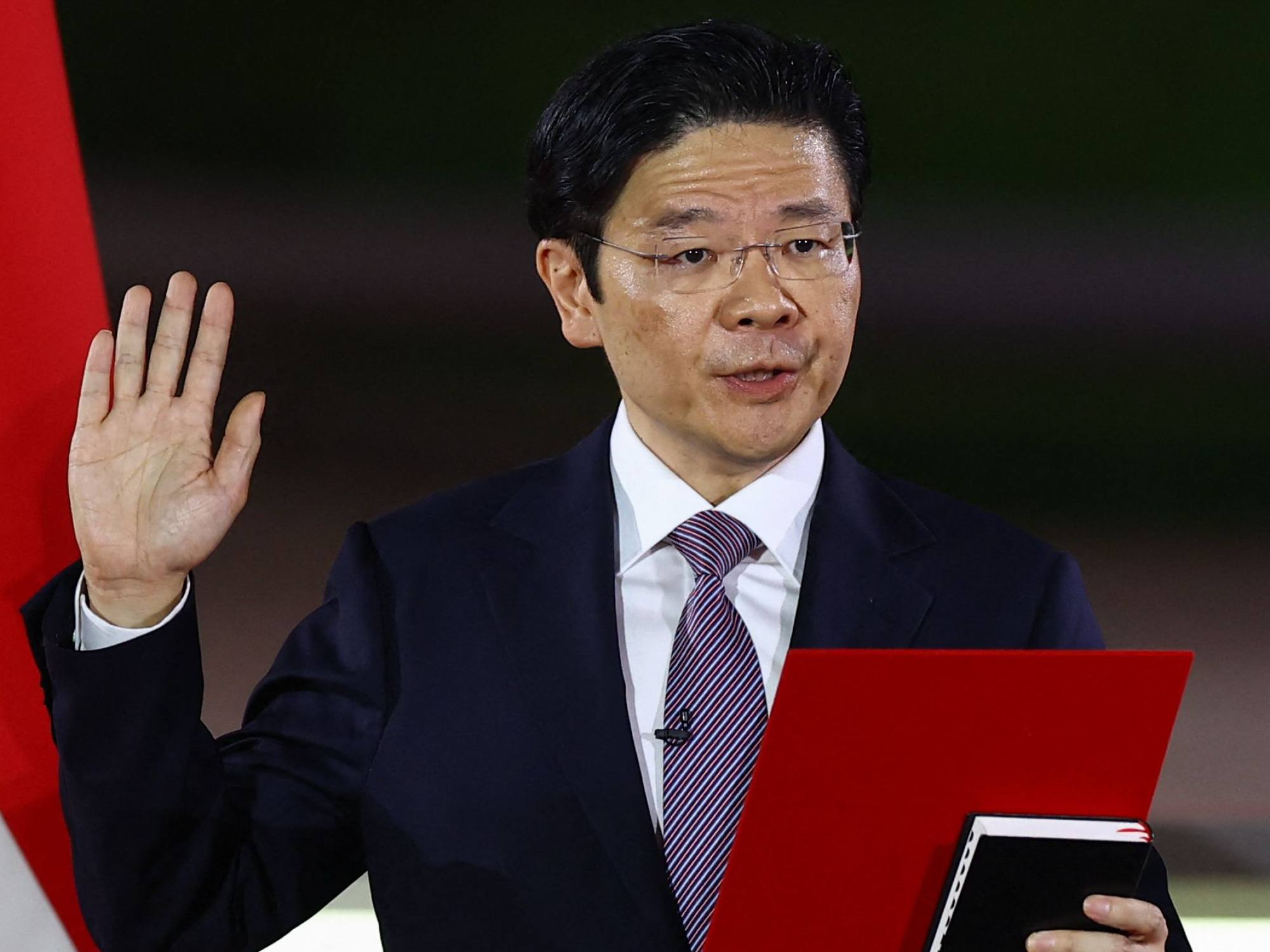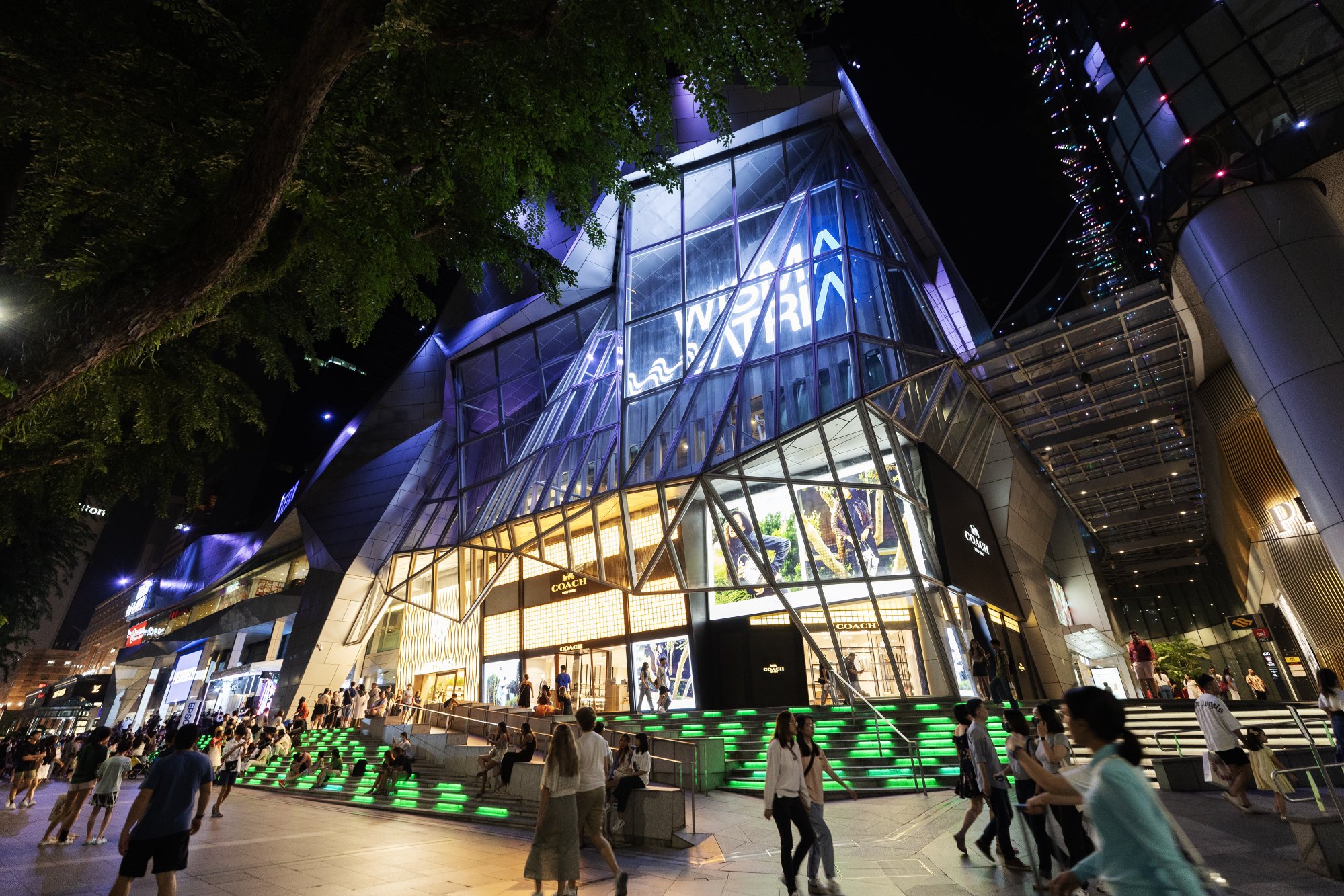“But we are determined to do what is needed to respond to these risks and safeguard Singapore’s reputation as a trusted financial centre,” said Wong, who is also the city state’s finance minister, at a Financial Action Task Force event.
Singapore currently holds a two-year presidency of the global money laundering and terrorism financing watchdog until June 30.

On Wednesday, the Southeast Asian nation published a national asset recovery strategy report as part of its efforts to enhance its anti-money-laundering (AML) and terrorism financing framework.
“Asset recovery is one of the key priorities of our AML regime,” the home affairs ministry, the finance ministry and the central bank said in the 32-page report.
“We seek to deprive criminals of their illicit gains, thereby removing the financial incentive for laundering their monies in Singapore,” they said in the report.
“We also seek to provide recourse to victims of crime by helping them to recover property and assets lost to criminal activities.”
We seek to deprive criminals of their illicit gains … removing the financial incentive for laundering their monies in Singapore
Between January 2019 and June 2024, Singapore seized S$6 billion (US$4.4 billion) linked to criminal and money laundering activities, according to the report.
Out of that amount, S$416 million has been returned to the victims, and S$1 billion has been forfeited to the state, the report said, while the large bulk of the remainder is linked to ongoing investigations or court proceedings.
Last week, Singapore highlighted in a risk assessment report that its banking sector, including wealth management, posed the highest money laundering risk in the city state.

With its status as an international financial hub, tax-friendly regime and seen as politically stable, Singapore has long been a haven for ultra-rich foreigners.
It has seen a fresh influx of wealth since 2021 after it became one of the first Asian cities to significantly ease pandemic restrictions.
The number of family offices or one-stop firms that manage the portfolios of the wealthy in the city state rose to around 1,400 last year from 1,100 a year earlier and around 700 at end-2021, according to government statistics.

